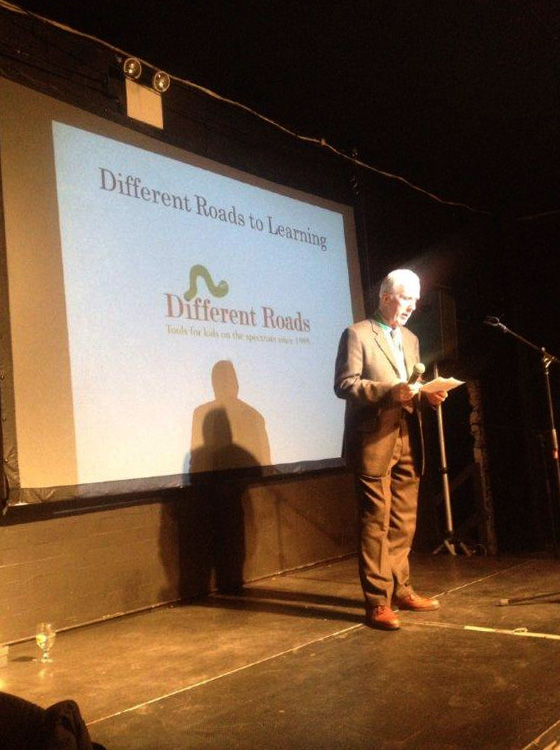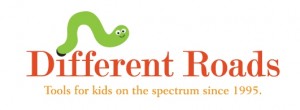If anyone is attending the upcoming ABAI Conference out in Seattle, here are some highlights of presentations being given by Autism Partnership that you won’t want to miss, including one that presents data on the cool versus not cool strategy.
Workshop 1
Title: Teaching Social Skills That Change Lives: Developing Meaningful Relationships for People Diagnosed with Autism
Authors: Mitch Taubman, Ron Leaf, John McEachin, Justin B. Leaf
Date: 5/25/2012 8:00AM to 3:00 PM
Description: Children with autism and other autism spectrum disorders (ASD) typically have qualitative impairments in social interaction. Such impairments can range from a child’s inability to develop appropriate peer relationships to a lack of enjoyment and interest in others, which can lead to a lower quality of life. Therefore, clinicians must teach social skills to children and adolescents diagnosed with ASD; however, it may be difficult for clinicians to find appropriate social curricula and effective ways to teach children with ASD social skills. The presenters will discuss the importance of teaching social skills; why social skills may be overlooked as part of a
comprehensive curriculum; ways to select a comprehensive curriculum; what this comprehensive curriculum consists of; two teaching procedures (i.e., teaching interactions and cool versus not cool) that have been found to be effective in teaching social skills; the research behind these procedures; and ways clinicians can implement the intervention in the home, school, and community. The procedures and curriculum that will be discussed will mainly focus on high functioning children and adolescents diagnosed with ASD but can be applied to children and adolescents of different cognitive functioning levels or diagnoses.
Workshop 2
Title: Teaching “Learning to Learn” Skills to Children Diagnosed with an Autism Spectrum Disorder
Authors: Ron Leaf, Mitch Taubman, John McEachin, Justin B. Leaf
Date: 5/26/2012 8:00 to 12:00
Description: Teachers and parents are often eager to teach children language and social and academic skills. Clearly, these are important
objectives that are essential for children’s well-being. It is generally recognized that in order for children to be successful in learning these
skills, their disruptive behaviors must not interfere in the learning processes. Therefore, behaviors such as aggression, non-compliance, and self-stimulation must be targeted prior to teaching more formal skills. However, there is another critical prerequisite skill that is essential in order to maximize learning success. Acquiring “learning to learn” skills is absolutely pivotal in a child’s success. It is really teaching children the process of learning. It is the foundation, perhaps the pivotal skill necessary for them to acquire all other skills. Often when a child is struggling in learning beginning or even advanced skills, it is because the child is deficient in this area. Learning to learn skills include attending, waiting, and changing one’s behavior based upon feedback. This workshop will discuss the importance of learning to learn skills, how to set up an appropriate curriculum, and the research behind the importance of learning to learn skills.
Symposium 1: The Conditioning and Implementation of Reinforcement and Reinforcement Systems for Children with Autism
Date: 5/29/12 9:00-10:20
Paper 1 Title: Conditioning the Preference of Stimuli for Three High Functioning Children on the Autism Spectrum
Paper 1 Authors: MISTY OPPENHEIM-LEAF, Justin B. Leaf, Ronald B. Leaf, James A. Sherman, Jan B. Sheldon, John James McEachin, Mitchell T. Taubman
Abstract: Children with an autism spectrum disorder (ASD) may play with limited objects or toys. This presents challenges for teachers trying to identify reinforcers to use in teaching new skills. The goal of the present study was to switch children’s preferences from highly preferred toys to toys that were originally less preferred using an observational conditioning procedure. In this procedure, an adult known to the child played with toys that were less preferred by the child in novel and presumably interesting ways while the child watched. After the observation period, each child switched his preference to the toy with which the adult had played. Maintenance of
preference of the changed preference was idiosyncratic to each child. The results of the current study suggest teachers may be able to influence the level of preference that children with ASD show for potential reinforcers and expand the range of items that students will sample.
Paper 2 Title: Conditioning the Preference of Stimuli for Five Children on the Autism Spectrum: A Replication Study
Paper 2 Authors: ALYNE KASSARDJIAN, Justin B. Leaf, Courtney Muehlebach, Mitchell T. Taubman, Ronald B. Leaf, John James McEachin
Abstract: Children with an autism spectrum disorder (ASD) may play with limited objects or toys. This presents challenges for teachers
trying to identify reinforcers to use in teaching new skills. Previous research has demonstrated that an observational conditioning procedure has been effective in switching the preference for3 “high functioning” children diagnosed with an autism spectrum disorder. Although, this research showed that preference can be conditioned the procedures were only implemented to “high functioning” children and thus it is not known what the effects would be for children who are more severely impacted. The goal of the present study was to extend the previous research on conditioning preference by implementing and observational conditioning procedure to children who were more severely impacted and diagnosed with autism. The results of the current study suggest teachers may be able to influence the level of preference that children with ASD however it may be more difficult than children who are considered “high functioning.”
Paper 3 Title: Using Differential Reinforcement of Other Behaviours to Reduce Elopement in a Child with Autism
Paper 3 Authors: RESHANI I. SATHARASINGHE, Toby Mountjoy, John James McEachin, Ronald B. Leaf, Mitchell T. Taubman, Eric Rudrud
Abstract: Differential reinforcement of other behaviours (DRO) was the intervention procedure used in this study to reduce the
occurrence of elopement in a child with autism who eloped almost daily. DRO intervals began at 1 minute and the largest interval being 30 minutes. DRO segments were also run intermittently instead of continuously. Edible reinforcement was used with social reinforcement in the form of praise being added at larger intervals. The results showed that the DRO intervention was highly successful at reducing the occurrence of eloping for intervals below 10 minutes but less successful at reducing the behaviour at larger intervals above
10 minutes. By the end of the intervention, zero occurrence of eloping had been achieved for 15 consecutive sessions at a DRO interval of 30 minutes.
Symposium 2: Examining Variations of Discrete Trial Teaching for Children Diagnosed With an Autism Spectrum Disorder
Date: 5/29/12 10:30 to 11:50
Chair: Mitchell T. Taubman (Autism Partnership)
Paper 1 Title: Teaching Social Skills to Children with Autism Using the Cool versus Not Cool Procedure
Paper 1 Authors: KATHLEEN H. TSUJI, Justin B. Leaf, Brandy Griggs, Mitchell T. Taubman, John James McEachin, Ronald B. Leaf, Andrew Edwards, Misty Oppenheim-Leaf
Abstract: This study evaluated the effects of a variation on discrete trial teaching known as the cool versus not cool procedure for
teaching 3 children diagnosed with an autism spectrum disorder. The cool versus not cool procedure is a social discrimination program used to increase children’s ability to display appropriate social behaviors. In this study, the cool versus not cool procedure consisted of the participants observing the researcher demonstrating a social behavior either appropriately or inappropriately, followed by the participants discriminating whether the researcher demonstration was “cool” (appropriate) or “not cool” (inappropriate). For some social skills the participants role-played the social behavior following the teacher demonstration. Results indicated that participants reached mastery criterion on 50% of targeted social skills with the teacher demonstration and on an additional 37.5% of targeted social skills
with teacher demonstrations plus role-plays. Only 1 participant on 1 social skill (12.5%) was unable to reach mastery criterion although performance increased from baseline. Implications of the findings, limitations, and future areas of research will also be discussed.
Paper 2 Title: Comparing Discrete Trial Teaching Implemented in a One-to-One Instructional Format to a Group Instructional Format
Paper 2 Authors: JUSTIN B. LEAF, Kathleen H. Tsuji, Amy Lentell, Misty Oppenheim-Leaf, Mitchell T. Taubman, John James McEachin, Ronald B. Leaf
Abstract: Discrete trial teaching is a systematic form of teachingthat is commonly implemented to children diagnosed with an autism
spectrum disorder. Discrete-trial teaching consists of three main components: (a) an instruction from the teacher, (b) a response by the learner, and (c) a consequence (e.g., positive reinforcement or corrective feedback) following the learner’s response. Researchers and clinicians have implemented discrete trial teaching in one-to-one instructional formats and group instructional formats to teach a wide variety of skills to children diagnosed with an autism spectrum disorder. The purpose of this study was to compare discrete trial teaching implemented in a one-to-one format to discrete trial teaching implemented in a group instructional format in terms effectiveness, efficiency, observational learning, and maintenance. Six children diagnosed with an autism spectrum disorder participated in the study and the researchers divided the 6 participants into2 smaller groups. The researchers taught each participant 6 targeted behaviors in the one-to-one teaching condition and 6 targeted behaviors in the group teaching condition. Results of the study showed that both instructional formats were equally effective and that there was mixed results in terms of efficiency and maintenance. Finally group instruction resulted in better observational learning. Implications will be discussed.
Symposium 3: An Evaluation of a Community ABA Based Program and Procedures Implemented Within
that Program
Date: 5/29/12 12:00-1:20
Chair: Sandra L. Harris (Douglass Developmental Disabilities Center, Rutgers, The State University of New Jersey)
Discussant: Shahla S. Ala’i-Rosales (University of North Texas)
Paper 1 Title: A program description of a community-based intensive behavioral intervention program for individuals with autism
Paper 1 Authors: RONALD B. LEAF, Mitchell T. Taubman, John James McEachin, Justin B. Leaf, Kathleen H. Tsuji
Abstract: Autism Spectrum Disorders (ASD) impact all areas of a person’s life resulting in deficits in language, social behavior, and
intellectual abilities as well as the development of repetitive behaviors that can greatly restrict community involvement. Intensive behavioral intervention (IBI) has repeatedly been shown to be effective in improving functional skills and intellectual scores and minimizing problem behaviors in individuals diagnosed with ASD. In previous studies, some children who received behavioral
intervention became indistinguishable from their peers and were served in typical educational environments with no supplemental supports. However, the majority of the published studies on this intervention describe university-affiliated grant funded programs. This program description provides details about a private community-based agency that provides IBI for children and adolescents with ASD. Information about staff training, the therapies implemented, the population served, and instructional and programmatic content
is offered and a preliminary analysis is provided of the outcomes achieved for a small sub-sample of the clients served (i.e., 64 of 296). These findings suggest that increases in functional skills and intellectual scores were achieved for all clients and that many clients met similar criteria to those established in prior landmark studies.
Paper 2 Title: An Evaluation of a Rainbow Token System to Decrease Stereotypic Behaviors in Children with Autism
Paper 2 Authors: STEPHANIE BLOOMFIELD, Justin B. Leaf, Courtney Muehlebach, Mitchell T. Taubman, John James McEachin, Ronald B. Leaf
Abstract: Children and adolescents diagnosed with autism typically display stereotypic forms of behavior ranging from hand flapping to
inappropriate vocalizations.. Currently there are several procedures based on the principles of applied behavior analysis which have been found effective in reducing stereotypy. These procedures include differential reinforcement, blocking, and punishment. One procedure which has been clinically implemented to children with autism with no research is the implementation of a rainbow token system. A
rainbow token system includes delivering tokens in a systematic manner. As long as the learner does not display any stereotypy the teacher provides token in an arc fashion. If the learner does display stereotypy then the teacher does not deliver the tokens. We evaluated the rainbow token procedure for several children diagnosed with an autism spectrum. Results of the study and future implications will be discussed during the presentation.
Paper 3 Title: A comparison of different classes of reinforcement to increase receptive and expressive language
Paper 3 Authors: JOHN JAMES MCEACHIN, Justin B. Leaf, Stephanie Bloomfield, Mitchell T. Taubman, Ronald B. Leaf
Abstract: One of the basic principles of applied behavior analysis is that behavior change is largely due to that behavior being
positively reinforced. Positive reinforcement is defined as a stimulus given contingent on a certain behavior changes the likelihood of that particular behavior. Reinforcement has been used as part of discrete trial teaching to help children learn a variety of skills. Reinforcers have taken may forms which have included food, toys, social praise, tokens, and even having the learner engaging in self-stimulatory behaviors. Limited research has been conducted comparing the various classes of reinforcement on the rate of skill acquisition. In this study we compared four classes of reinforcement (i.e., food, praise, toys, and feedback) for teaching receptive and expressive skills to five children diagnosed with autism. Results of the study will be discussed. In addition to clinical implications, limitations, future areas of research, and how researchers can affect clinical practice.
 You’re invited to our book release party
You’re invited to our book release party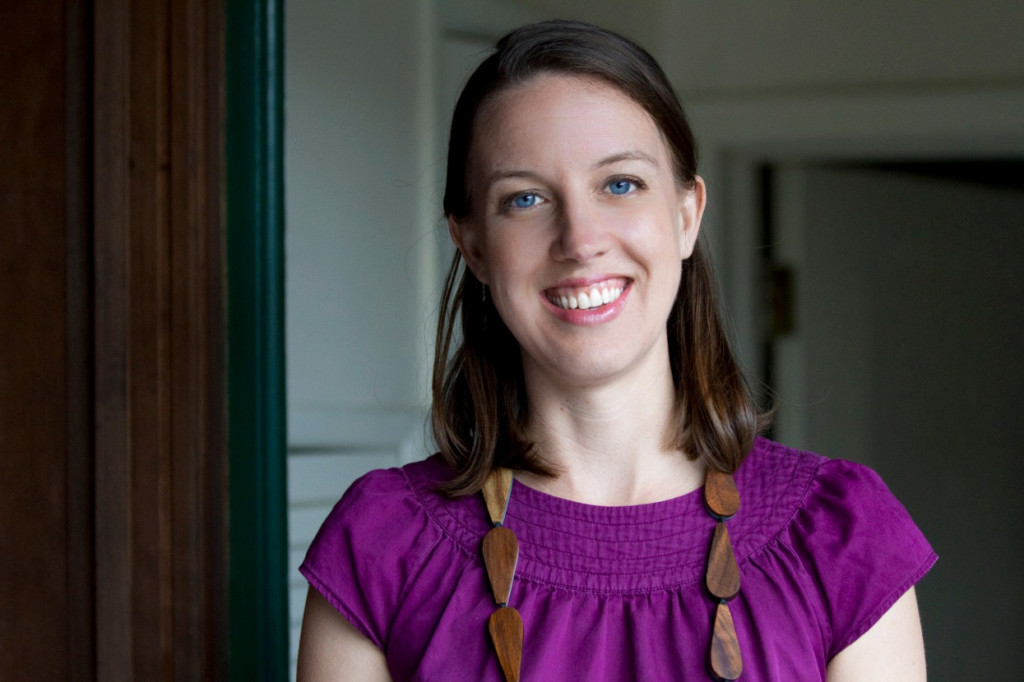
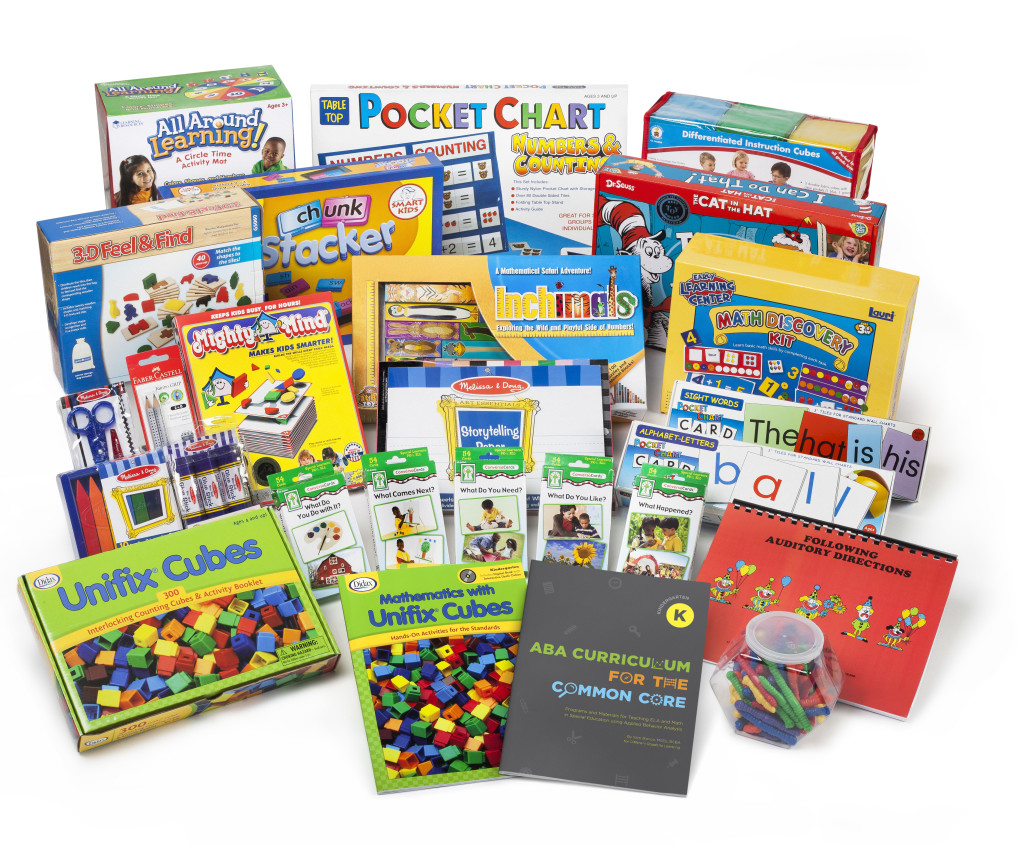 In order to present you with a great party, we need to know a few details so we can plan accordingly.
In order to present you with a great party, we need to know a few details so we can plan accordingly.
 The folks at Tiggly are hosting an app-testing playdate for New York families with children aged 3 to 6 years from 10:00am–12:00pm this Wednesday, July 2nd, 2014. The play date will allow families to check out the new learning games and toys in development by Tiggly. In return, families will receive goodie bags and a chance to enroll in their Playdate Loyalty Program.
The folks at Tiggly are hosting an app-testing playdate for New York families with children aged 3 to 6 years from 10:00am–12:00pm this Wednesday, July 2nd, 2014. The play date will allow families to check out the new learning games and toys in development by Tiggly. In return, families will receive goodie bags and a chance to enroll in their Playdate Loyalty Program.
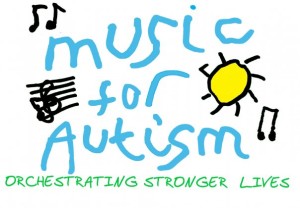
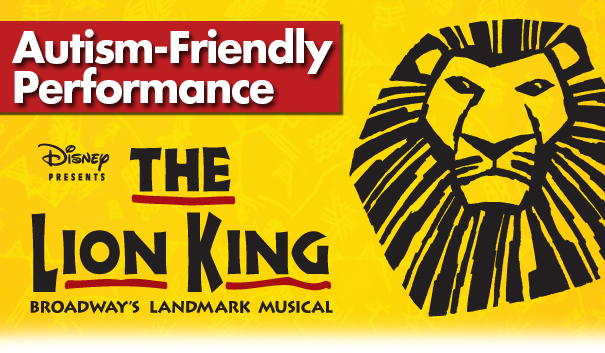
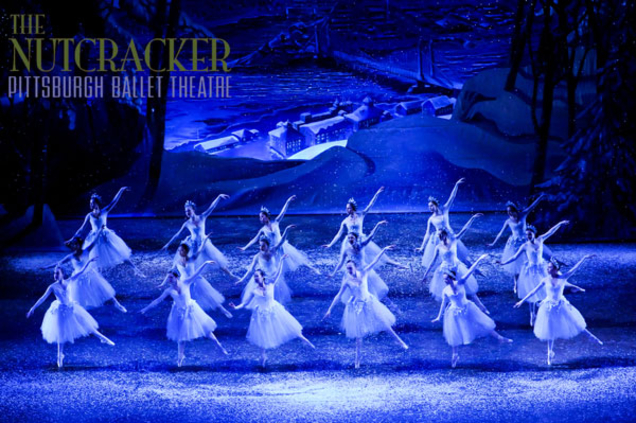 These presentations will be sensory-friendly performances that allow families with members on the Autism spectrum to experience a regular Broadway production with several alterations that meet the needs of the audience. Pittsburgh will be the third city to offer this type of program.
These presentations will be sensory-friendly performances that allow families with members on the Autism spectrum to experience a regular Broadway production with several alterations that meet the needs of the audience. Pittsburgh will be the third city to offer this type of program.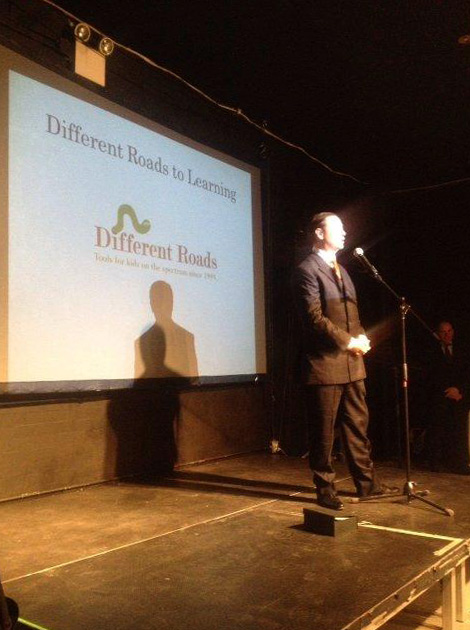 This year, GRASP awarded author Andrew Solomon the Friend and Benefactor Award for his book “Far From the Tree,” which describes the travails of families impacted by numerous diagnoses of deafness, dwarfism, Down syndrome, autism, schizophrenia, and more. His book
This year, GRASP awarded author Andrew Solomon the Friend and Benefactor Award for his book “Far From the Tree,” which describes the travails of families impacted by numerous diagnoses of deafness, dwarfism, Down syndrome, autism, schizophrenia, and more. His book 